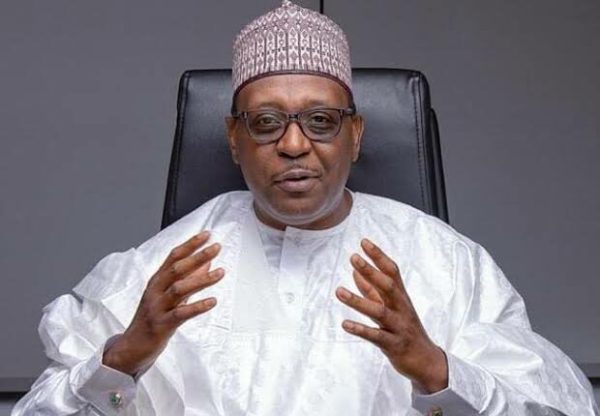Prof. Muhammad Ali Pate, Nigeria’s Coordinating Minister of Health and Social Welfare, has called for a new way of thinking about Africa’s health system. He said Africa must focus on raising its funds and producing its health products to become self-reliant.
Speaking at the Africa Health Sovereignty Summit in Accra, Ghana, on Tuesday, Pate criticized the current global health approach, saying it focuses too much on diseases like HIV, malaria, and tuberculosis, while African voices are often ignored.
He explained that much of the health progress seen in poorer countries over the past 25 years was achieved through local efforts and funding, while donor support only played a supporting role.
Pate warned that with global politics changing and countries becoming more focused on themselves, Africa must take control of its health agenda. “We cannot depend on the generosity of others forever. Africa must define its path based on its own needs,” he said.
He mentioned that global health has two histories. One is the positive history of countries working together for better health. The other is the negative history of colonialism, where Africa’s health was controlled by outside powers.
Despite several efforts over the years to fix these problems, such as the Bandung Conference in 1955 and the Alma-Ata Declaration in 1978, Pate said progress has been slow because of deep-rooted inequalities.
He criticized how health decisions are often influenced by business interests rather than the needs of the people. He also said donors sometimes force their priorities on African countries, which limits Africa’s ability to make its own decisions.
He added that Africa’s lack of factories and production capacity is a big problem, and that governments often focus too much on saving money in the short term, instead of investing in important things like clean water, sanitation, and nutrition.
Even though many global health organizations like the Global Fund and Gavi have been created, Pate said resources are shrinking and efforts are becoming scattered.
To fix this, Pate presented a seven-point plan for Africa to take charge of its health:
- Build alliances with other regions (like Asia and Latin America) to promote fairness in global health.
- Renegotiate trade deals that currently hurt Africa’s ability to make its own medicines and health products.
- Ensure health programs match national priorities, focusing on building strong health systems and services in local communities.
- Make the WHO more independent by changing how it is funded so it can lead fairly.
- Develop local funding models like regional health funds and diaspora bonds to reduce dependence on foreign aid.
- Industrialize Africa’s health sector under the African Continental Free Trade Area (AfCFTA) by improving infrastructure and supporting health product manufacturing.
- Encourage local innovation and protect intellectual property, so African creators can contribute to health solutions without being exploited.
He said private businesses and partnerships with the government will be key to achieving these goals.
Pate also highlighted Nigeria’s efforts to reform primary healthcare, improve financing, and digitize health services at the community level.
“Africa must stop watching from the sidelines and take the lead in global health decisions. Now is our time to lead with boldness, fairness, and unity,” he concluded.
The News Agency of Nigeria (NAN) noted that Pate’s message supports Africa’s wider goal of building stronger health systems, economic independence, and inclusive growth, which has been discussed in recent African leadership meetings.


